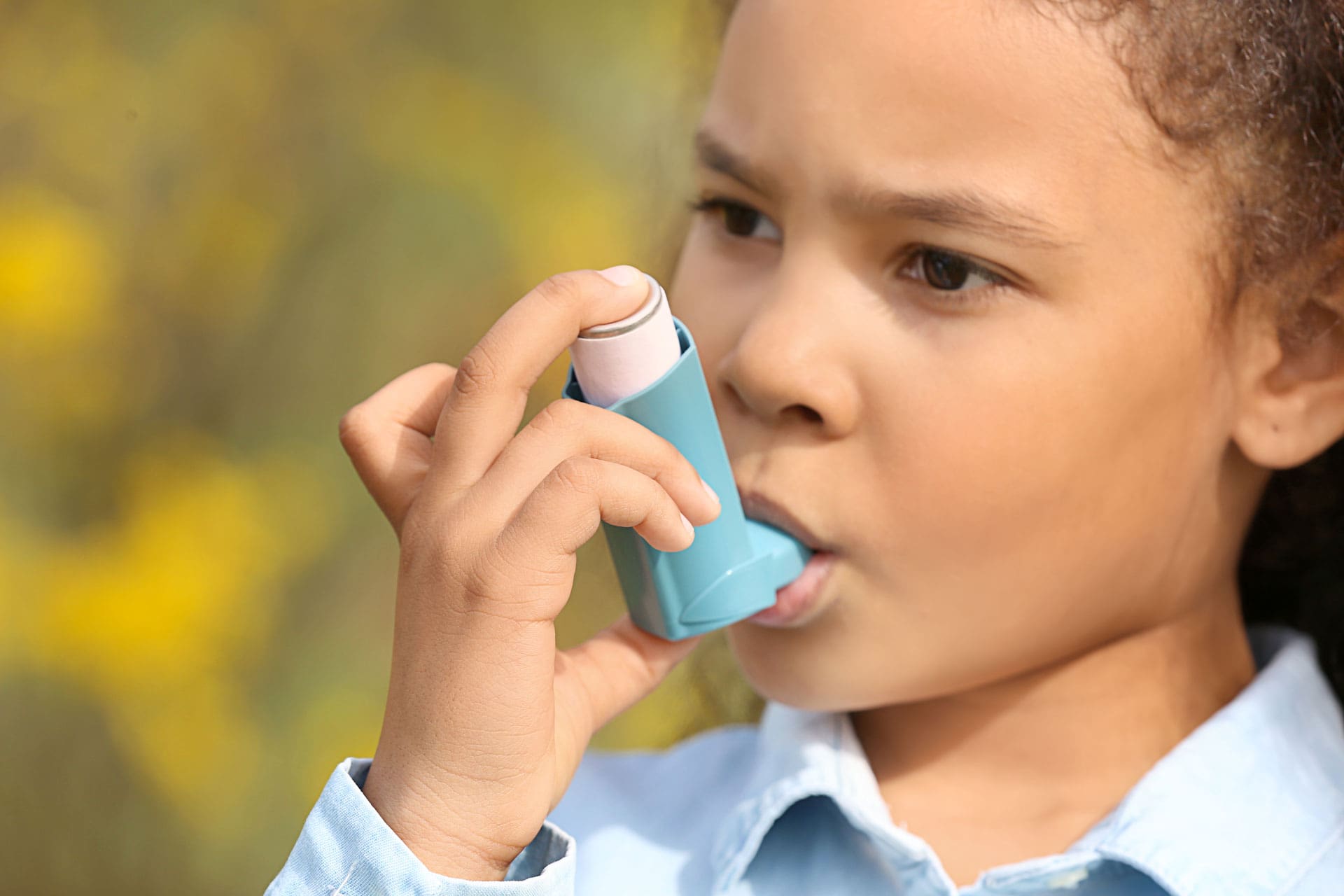I-2117 would cut an estimated $1 billion in funding for environmental justice and addressing health inequities, allow more air pollution, and roll back efforts to protect communities.
I-2117 would cut clean air protections and asthma prevention efforts.
- 10% or more of Washington’s kids have asthma. More than 1 million people in Washington live in communities exposed to high levels of air pollution, which increases risk for asthma, heart disease, strokes, and early death.
- I-2117 would reverse current state programs working to improve air quality, especially in the communities hit hardest by pollution:
-
- It would cut funding for community-led projects to improve air quality, and
- It would stop the expansion of our regional air quality monitoring network that alerts families when air pollution levels are dangerous.
-
- I-2117 would also cut funding to reduce pollution from heavy-duty trucks, which cause serious air quality and health problems for low-income neighborhoods and communities of color that are often closest to industrial areas and highways as a result of discriminatory zoning practices.
If passed, I-2117 would make cuts to programs that reduce health disparities.
- It would cut funding that allows communities to come up with their own solutions to the biggest health concerns they face and get the resources to implement those projects.
- It would cut funding for projects that protect workers from health and safety concerns on the job as a result of environmental and climate impacts like extreme heat, cold, wildfire smoke, drought and flooding.
- I-2117 would slash funding to plant more trees in urban communities. Many low-income neighborhoods and communities of color have significantly lower tree canopy than wealthier and white neighborhoods, and tree planting makes a big difference in reducing extreme heat and improving air quality.
- I-2117 would cut the funding source for $26.4 million in grants that help community organizations and Tribal Nations to implement the Healthy Environment for All Act.
- $26.4 million for capacity grants to Tribes and overburdened communities to support engagement with state agencies implementing the Healthy Environment for All Act and improvement of the Environmental Health Disparities map.
I-2117 cuts funding for improving air quality in schools and making them more energy efficient.
- This includes funding to install and update ventilation, heating, and air conditioning systems, air filtration improvements, and other air quality improvements in public schools.
- It would also cut a program to modernize Tribal schools.
I-2117 would cut investments in projects that help people get around in safe and affordable ways.
- I-2117 would slash funding to provide schools with 100% clean school buses, so kids can get to school without breathing in toxic diesel fumes.
- The initiative would cut the funding source for Safe Routes to School, which makes it easier and safer for children to walk and bike to school. Funding for community priorities like crosswalks and traffic safety signage near schools and playgrounds would be cut.
- I-2117 would end funding for a program that enables youth across the state to get to school, work, and home for free on public transit.
- Special needs transit projects would also lose funding if I-2117 passes, including grants to expand services for seniors and children with disabilities in overburdened communities.
- Much of this funding comes from the state transportation budget, which would be slashed by I-2117.
I-2117 would increase energy costs for low- and middle-income households across Washington.
- I-2117 would cut funding for utility bill discounts to low-income households.
- It would also end funding to help households reduce their energy costs, including: Rebates that make high-efficiency home heating and cooling appliances affordable, and programs that help households make their homes more energy efficient.
If passed, I-2117 would end a major source of funding for Tribal climate leadership and action.
- The initiative threatens funding to assist Tribes in adapting to impacts of climate change, like rising sea levels and wildland fire management.
- It also cuts funding to support Tribal-led clean energy projects.
- Funding needed to restore salmon habitat would be at risk with the passage of I-2117, including hundreds of millions in restoration projects to protect salmon that are important to Tribes’ culture and treaty rights.
I-2117 would reverse Washington’s progress to prioritize communities hit hardest by climate change and Tribal Nations with public funding.
- Current law requires that when polluters pay for the pollution they cause, at least 35% of that funding goes to projects that benefit overburdened communities, and a minimum of 10% of investments go to projects with Tribal support.
- This program has raised over $3.2 billion in funding that is going directly into needed projects across the state, an unprecedented investment in climate resilience, especially for communities whose needs have long been dismissed.
- An estimated 43% of these funds are estimated to have gone to communities of color and low-income communities hit hardest by the impacts of climate change and environmental pollution.
- An estimated 7.3% of these funds are specifically designated to benefit Washington’s Tribes. Tribes are also eligible for other grant programs, so actual investments is much higher.


